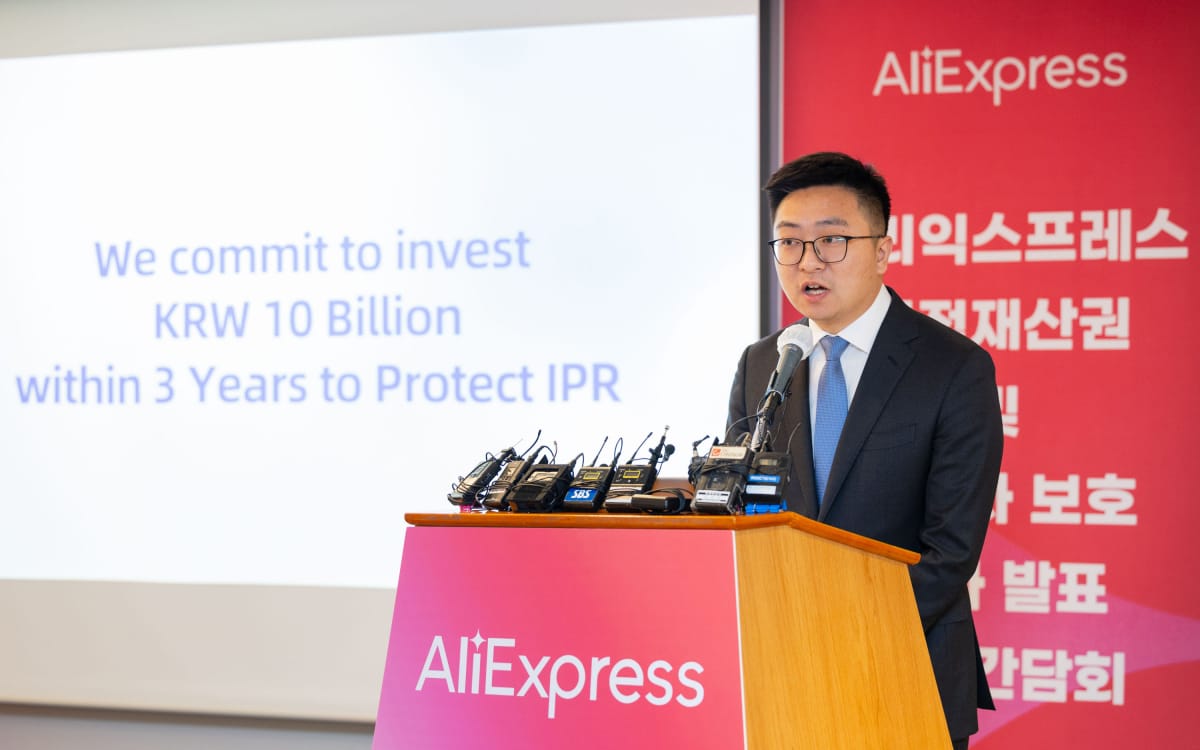Korean Industry Battles Chinese Competition in Batteries and E-Commerce

As competition from China intensifies, the engines that have long driven Korea's economic growth are starting to show signs of strain. Manufacturing giants and family-owned conglomerates, the backbone of the Korean economic miracle, now face escalating challenges from Chinese rivals in key industries like batteries and e-commerce. How this rivalry plays out will shape not only the fortunes of major Korean companies, but also the country's industrial competitiveness and economic trajectory in the years to come.
"Chinese battery makers are leveraging their scale and supply chain advantages to compete on price," says Kim Tae-hyun, an analyst at Daishin Securities in Seoul. "With support from Beijing, they pose a serious challenge to Korean firms' market share, especially at the lower end."
The stakes are highest in the booming electric vehicle (EV) battery industry. Korean battery makers like LG Energy Solution, SK On, and Samsung SDI are global heavyweights, with technological leadership in advanced battery chemistries and major supply deals with automakers like Hyundai, GM, Ford and Volkswagen. However, they face formidable competition from aggressive Chinese players CATL and BYD, which benefit from vast government subsidies, preferential access to raw materials, and sprawling domestic supply chains that enable them to undercut Korean manufacturers on cost.
"Chinese battery makers are leveraging their scale and supply chain advantages to compete on price," says Kim Tae-hyun, an analyst at Daishin Securities in Seoul. "With support from Beijing, they pose a serious challenge to Korean firms' market share, especially at the lower end."
The recently enacted U.S. Inflation Reduction Act (IRA), which excludes Chinese firms from generous EV subsidies, has shifted the competitive landscape in the Koreans' favor. SK IE Technology (SKIET) sees the IRA as a golden opportunity, and is doubling down on North American expansion to grow in this high-potential market. Other Korean players are also boosting investment in overseas plants and partnerships to sidestep the IRA's made-in-USA requirements.